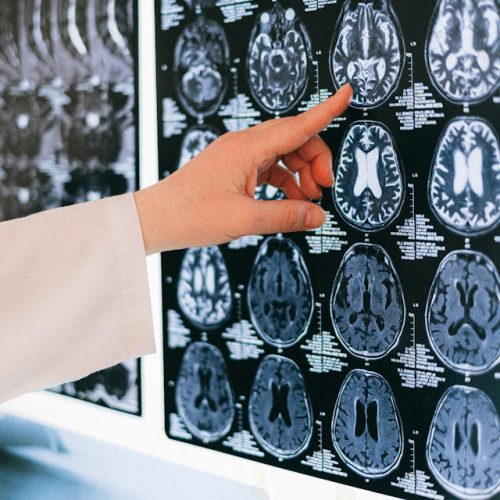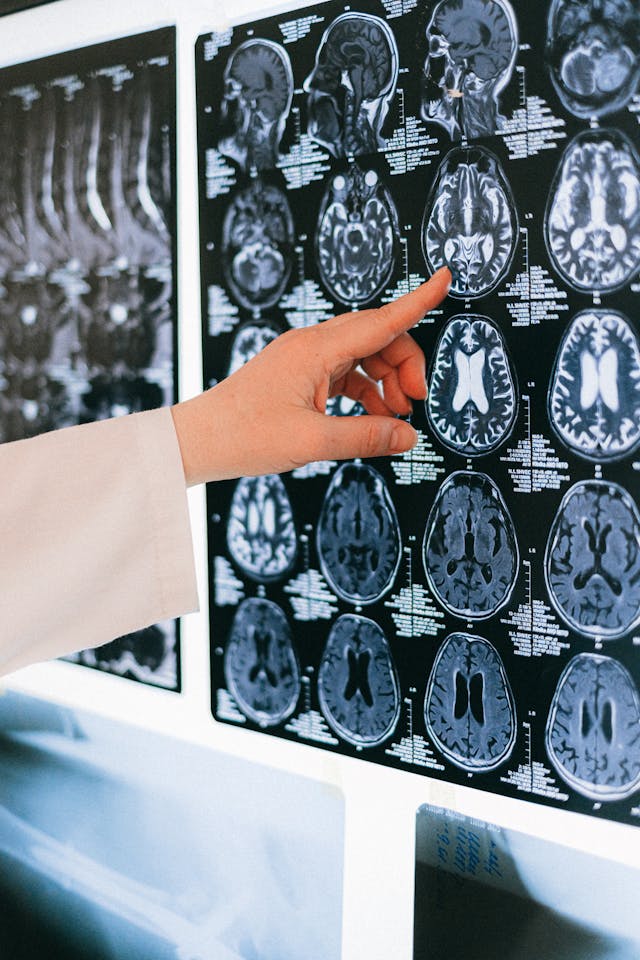Diabetes is a chronic health condition that affects millions of people worldwide. It occurs when the body either does not produce enough insulin or cannot effectively use the insulin it produces. While diabetes primarily impacts physical health, it can also significantly influence mental health, leading to conditions such as depression. Understanding the connection between diabetes and depression is essential for effective management and improved quality of life.
Symptoms and Signs
Physical Symptoms of Diabetes:
- Increased thirst and frequent urination
- Extreme fatigue
- Unexplained weight loss
- Blurred vision
- Slow-healing sores
- Frequent infections
Psychological Symptoms of Depression:
- Persistent sadness or hopelessness
- Loss of interest in activities once enjoyed
- Changes in appetite and weight
- Difficulty sleeping or oversleeping
- Fatigue or loss of energy
- Feelings of worthlessness or excessive guilt
- Difficulty concentrating
- Thoughts of death or suicide
Causes and Risk Factors
Causes of Diabetes-Related Depression:
- Biological Factors: The hormonal changes caused by diabetes can impact brain chemistry, leading to depression.
- Psychological Factors: The stress of managing a chronic illness, fear of complications, and lifestyle changes can contribute to depression.
- Social Factors: Isolation due to diabetes management or complications can increase the risk of depression.
Risk Factors:
- Genetics: Family history of diabetes or depression.
- Poor Diabetes Management: Difficulty in managing blood sugar levels.
- Complications: Presence of diabetes-related complications like neuropathy or heart disease.
- Lifestyle: Sedentary lifestyle, poor diet, and lack of exercise.
Diagnosis
Diagnosing depression in individuals with diabetes involves a comprehensive approach:
- Medical History: Review of personal and family medical history.
- Physical Examination: Assessment of physical health and diabetes management.
- Mental Health Evaluation: Questionnaires and interviews to assess mood, behavior, and thoughts.
- Blood Tests: To check blood sugar levels and rule out other medical conditions.
Treatment for Diabetes:
- Medication: Insulin therapy, oral hypoglycemics, and other medications to control blood sugar.
- Diet and Exercise: Personalized diet plans and regular physical activity.
- Monitoring: Regular blood sugar monitoring to manage levels effectively.
Treatment for Depression:
- Medication: Antidepressants to help balance brain chemicals.
- Therapy: Cognitive Behavioral Therapy (CBT) and other forms of counseling.
- Lifestyle Changes: Incorporating stress management techniques, regular exercise, and a balanced diet.
- Support Groups: Joining diabetes or depression support groups for shared experiences and support.
Prevention
While it may not be possible to prevent diabetes or depression entirely, certain strategies can reduce the risk:
- Healthy Lifestyle: Maintaining a balanced diet, regular exercise, and a healthy weight.
- Regular Monitoring: Keeping track of blood sugar levels and managing diabetes effectively.
- Stress Management: Practicing relaxation techniques like meditation, yoga, and deep breathing exercises.
- Social Support: Building a strong support network of family, friends, and healthcare professionals.
Talking to Your Doctor
If you suspect that diabetes might be contributing to your depression, it’s essential to talk to your doctor. Here are some steps to take:
- Prepare Your Symptoms: Keep a detailed record of both your physical and psychological symptoms.
- Medical History: Share your complete medical history, including any family history of diabetes or depression.
- Ask About Tests: Inquire about specific tests for diagnosing depression and managing diabetes.
- Discuss Treatment Options: Explore possible treatment plans that address both diabetes and depression.
Disclaimer
This article is for educational purposes based on my research. I am not a doctor nor a health advisor. None of the information in this article should be considered without speaking with your primary care doctor first.








